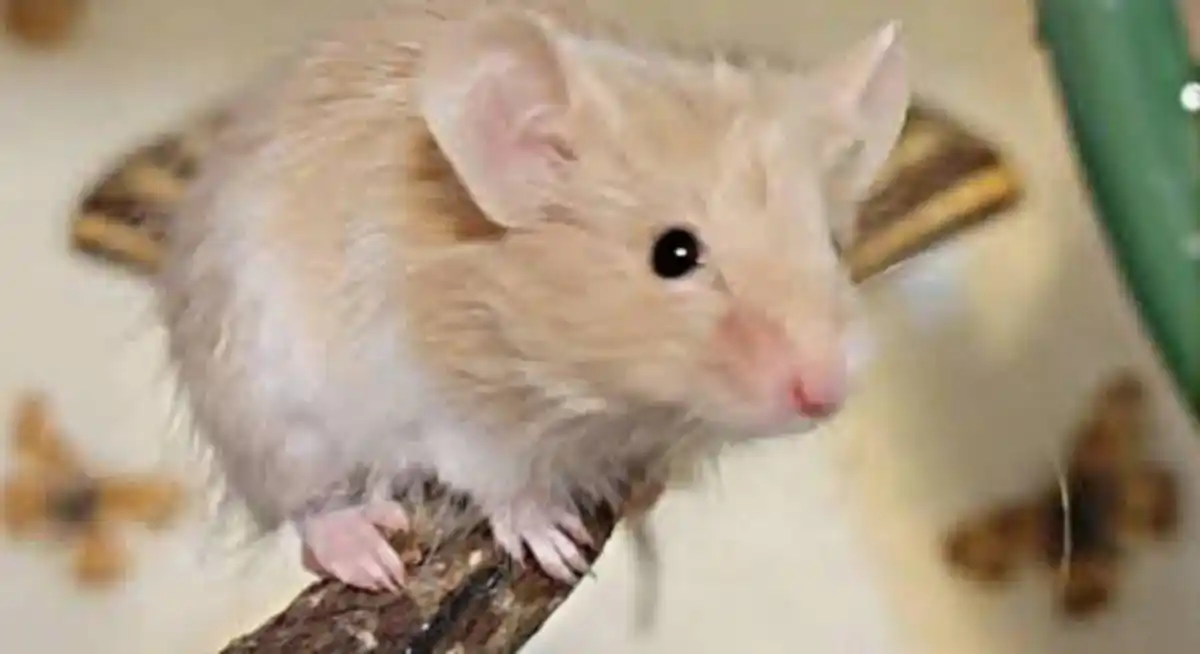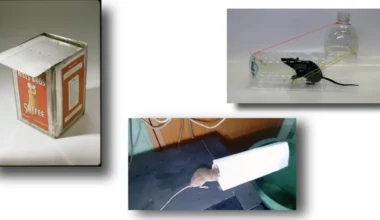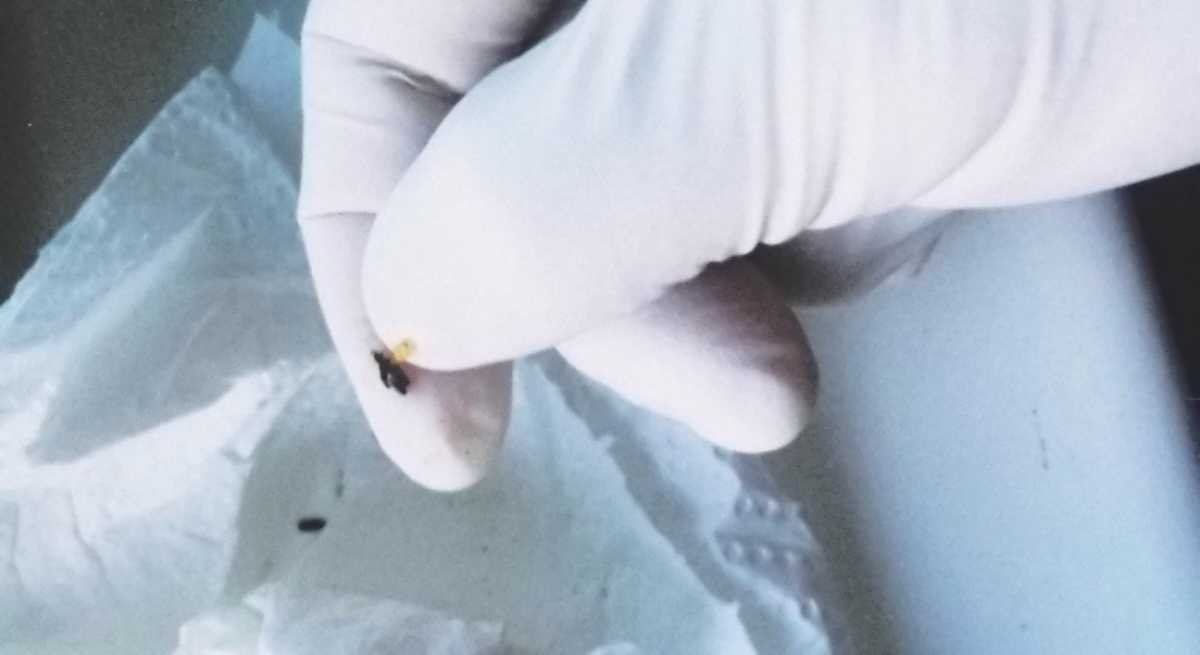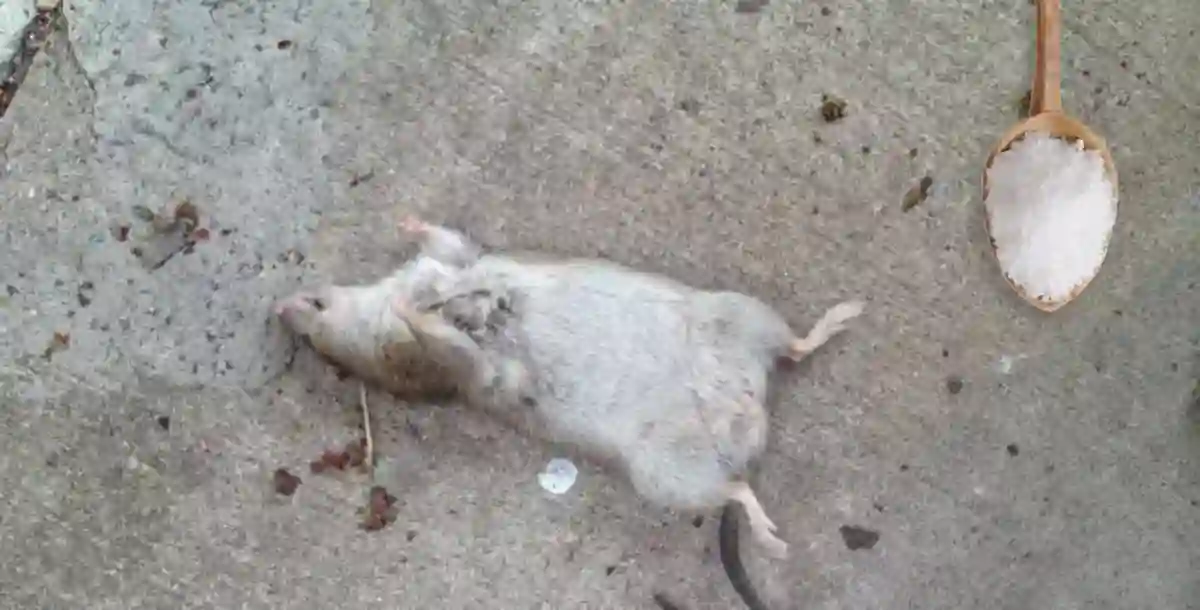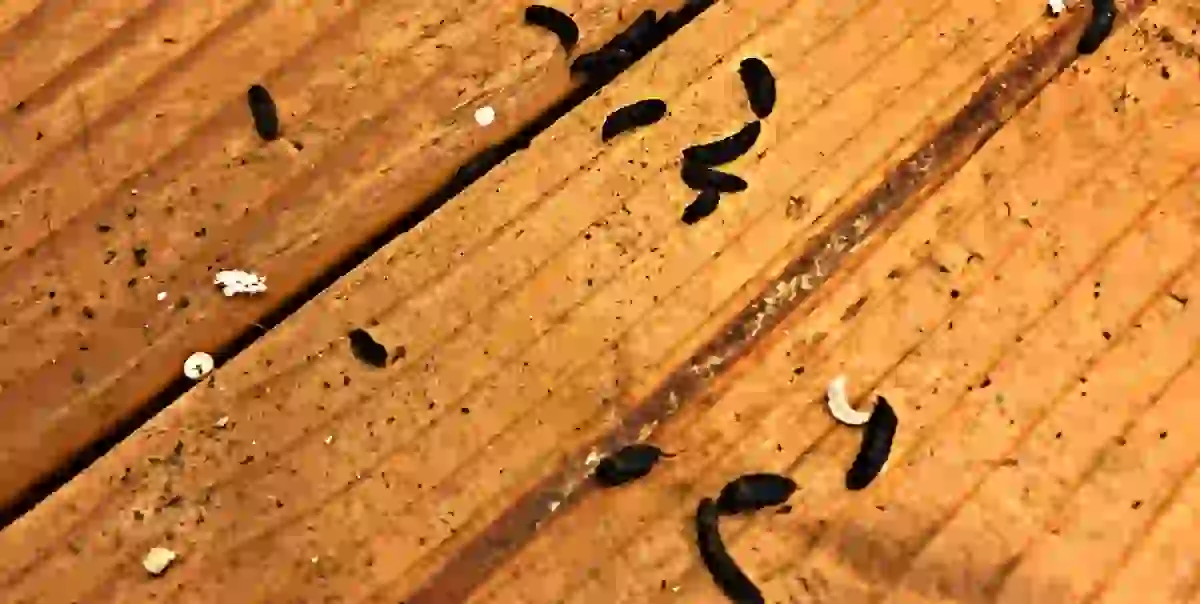While mice can be cute in movies but are less charming when they invade your home. If you notice mice presence, you need to take preventative measures to quickly get mice out of the house without killing them to prevent an infestation. It’s humane to spare the critters and give them a second chance back in the wild.
How to get mice out of the house without killing them
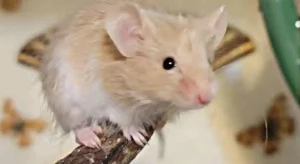
Mice can be ousted in many ways; below are the best ways to get mice out of the house without killing them:
1. Introduce peppermint oil to your home
While humans are okay with the scent and flavor of peppermint, mice detest it. Their sense of smell is highly sensitive, and the strong odor of peppermint is too overpowering for them.
It also helps to conceal the scent of any remaining food, giving your home a pleasant aroma. Unlike many synthetic chemical treatments, peppermint oil is non-toxic. You can find peppermint oil at many health food stores and some large grocery stores.
Instructions:
- Put a drop or two of peppermint oil on a cotton ball.
- Place the cotton ball near or under your garbage can to prevent mice from accessing it.
- Place the cotton balls in areas where mice are likely to enter your house, such as doorways or heat vents.
- Replace the peppermint oil cotton balls every 5-7 days, depending on the amount of oil used.
- Consider planting peppermint near entryways for both its deterrent properties and culinary use.
2. Use clove scent
Like the scent of peppermint, mice are repelled by the smell of cloves. To use this method, place cloves in areas where you frequently observe mice.
The intense odor of cloves is unpleasant for mice and will prevent them from entering your home while also freshening the scent of your home.
3. Deter with aluminum foil
Most households have aluminum foil readily available in their kitchen. This is a cost-effective and straightforward solution to your mouse issue. Simply crumple up some aluminum foil into balls.
Next, place these foil balls at the points of entry and exit where you have seen mice in your home. Mice dislike the texture and noise of foil, making this a humane way to get mice out of the house without killing them.
4. Place live traps
Catch-and-release traps are a traditional, humane way to get mice out of the house without killing them. To use this method, gather some enticing food, such as Saltine crackers, and spread them with peanut butter. Place the crackers in the trap.
The mice will be lured by the salty aroma of the trap. Once inside, the door will close behind them, trapping but not killing the mouse. Simply pick up the trap, take it outdoors, and release the mouse into the wild. This method allows the mouse to live while ridding your home of pests.
Make sure to release the mouse at a location approximately 2-3 miles away from your home to minimize the chance of it coming back. If you need to wait for more favorable weather conditions before releasing the mouse, try to handle it as little as possible.
Mice tend to fare better with limited human interaction. When releasing the mouse, choose a spot away from human activity and, if possible, in an area surrounded by rocks or trees, which will provide a suitable environment for building a nest.
5. Repellent sprays
Repellent sprays are a straightforward method to get mice out of the house without killing them. Simply spray the repellent in areas where you have observed the presence of mice, and they will depart. While some repellents are free of toxins, it is recommended to wear gloves as a precaution.
6. Ultrasonic repellents
Ultrasonic devices are an excellent solution for getting rid of mice. They emit ultrasonic waves that produce a sound that is unbearable for mice, causing them to quickly leave the area. Simply place the device in the location where the mice are present, turn it on, and the problem is solved.
This method is also safer for other household pets, as it eliminates the need for using toxic solutions such as poison. You can now rest easy knowing that both the mice and your beloved pets are protected.
7. Use dried snake feces
Obtain dried snake feces from a local reptile center, zoo, or pet store, or from someone who owns a pet snake. Place it near entryways and in areas where mice are frequently seen. This will serve as a deterrent for mice.
Keep the feces out of reach of children and pets for safety reasons.
8. Commercial organic deterrent
Many companies specializing in organic garden and home products produce mice repellents that are environmentally friendly compared to traditional poisons. These products often utilize natural ingredients, such as peppermint, known to be unpleasant to mice, effectively keeping them out of treated areas without killing them.
These products can be found at local gardening or home improvement centers. For a specific product, conduct an online search to determine its local availability.
9. Remove all food sources
To humanely get rid of mice in your home, it’s important to remove their access to food. Store food items like grains, pet food, and other dry goods in containers made of glass or metal that mice can’t chew through.
Sealing potential food sources in tamper-proof containers, avoiding leaving pet food out for extended periods, and promptly cleaning up spills and messes will also help prevent attracting mice to your property.
10. Use natural mouse repellent
Leverage mice’s keen sense of smell to drive them away with natural repellent methods.
Consider these options:
a. Apple cider vinegar solution
Mix apple cider vinegar with water and place it in a spray bottle. Spray the mixture around the exterior of your home and at any indoor entry points. Ensure to reapply any natural deterrent at least once a month.
b. Fabric softener sheets
Place fabric softener sheets into entry points to instantly prevent mice from entering.
c. Spicy pepper solution
Combine chili flakes, sliced habanero peppers, dish soap, and water to create a hot pepper spray that will repel mice. Apply the mixture in areas where mouse activity has been observed.
Although this solution is not toxic to humans and pets, it may irritate the eyes, nose, and mouth, so be sure to avoid spraying it on clothing, furniture, or any places frequently visited by people or pets.
11. Get a cat
A feline companion can get mice out of the house without killing them. Outdoor cats are more likely to hunt and find their own food, potentially tracking down the mouse.
Not all cats possess the energy, interest, or training to hunt mice. Kittens typically learn from their mother, but well-fed indoor cats may view the mouse as a toy and quickly lose interest.
Adoption agencies and shelters may not have information on a cat’s mouse-hunting abilities, and this is not typically a trait that is tested for. While many cats that hunt mice make great pets, others, like “barn cats,” may not be well-socialized with humans.
Even if you don’t have a cat, you can still use used kitty litter to deter mice. Place containers of used kitty litter near entrances to the house, as the smell of cat urine will prompt the mice to quickly leave.
If the infestation is substantial, a single cat may not be enough to completely eradicate it, but it can prevent reinfestation after the problem has been resolved.
12. Encourage the nesting of birds of prey in your yard
Build a shelter box in your garden to attract them to your property. It may take some time, but it is a worthwhile investment if you can attract a natural mouse predator to your yard to keep mice from coming around.
Ensure that the shelter box is free of any nails or hazardous materials.
A barn owl is an optimal choice as a family of barn owls can consume a significant number of mice in a single night. However, you may attract other types of owls or birds of prey with your nesting box.
